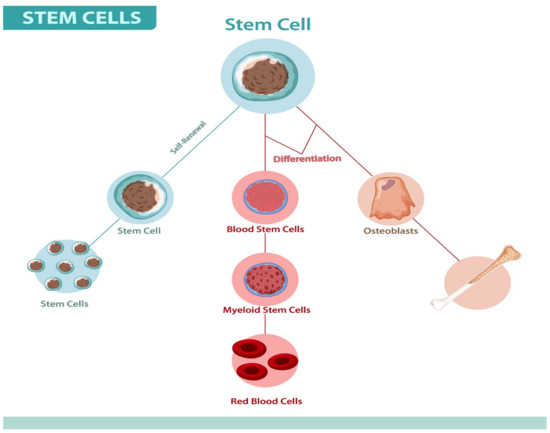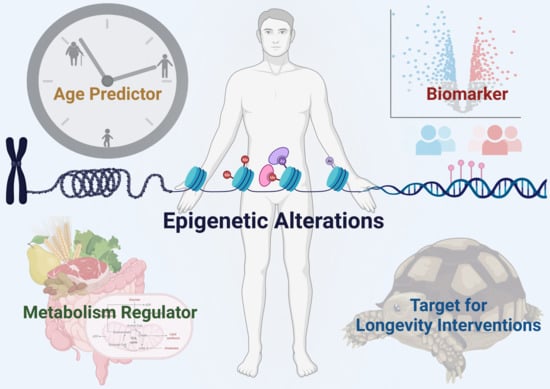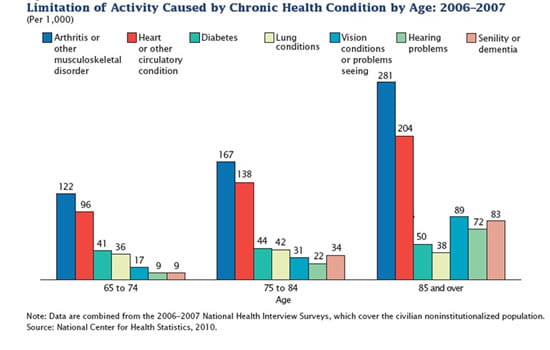在延长寿命领域, 最有前途的研究领域之一是自体器官移植. 实现目标的前景 150 几年或更长时间可能看起来像科幻小说, 但再生医学和生物技术的进步正在突破界限,并将这一幻想变成一个可行的未来. 本文将探讨通过自体器官移植延长人类生命的可能性, 探索科学依据, 潜在的好处, 和道德考虑.

了解自体器官移植
自体器官移植是指用患者自身细胞生长的健康器官替代患病或衰竭的器官的过程. 这种突破性的方法有可能克服传统器官移植的局限性, 例如器官排斥和供体器官稀缺.
其背后的科学
自体器官移植涉及干细胞的使用, 产生具有特殊功能的所有其他细胞的身体原材料. 这是该过程的简化说明:
-
- 干细胞的收获: 干细胞是从患者体内提取的, 通常来自骨髓或脂肪组织.
- 细胞培养和器官生长: 然后,提取的细胞在实验室中进行培养,并在那里繁殖并分化为器官特异性细胞. 然后将这些细胞放置在模仿要替换器官的形状和结构的支架上.
- 植入: 一旦器官完全生长, 它被植入患者体内, 更换衰竭或损坏的器官.

自体器官移植的潜在好处
自体器官移植具有延长生命的巨大潜力. 一些好处包括:
-
-
- 消除拒绝风险: 由于新器官是从患者自己的细胞中生长出来的, 几乎消除了器官排斥的风险.
- 器官的可用性: 这种方法可以显着缓解器官短缺危机, 因为器官可以在实验室中按需生长.
- 延长使用寿命: 通过更换衰竭的器官, 理论上可以延长人类的寿命, 可能使人们能够实现 150 年或更长时间.
-

自体器官移植和寿命延长
通过自体器官移植延长生命的概念围绕着随着器官老化或衰竭而更换器官的想法. 通过这样做, 生物衰老过程可能会减慢或停止, 从而显着延长使用寿命.

对老龄化的影响
衰老主要是由我们的细胞和器官逐渐退化引起的. 通过更换这些老化部件, 理论上可以维持身体机能并延缓衰老过程. 这可能会让人类活一个半世纪, 如果不是更长的话.
目前的研究和进展
虽然自体器官移植仍处于早期阶段, 迄今为止取得的进展是有希望的. 例如, 维克森林再生医学研究所的科学家已成功设计并将膀胱组织植入患者体内. 明尼苏达大学的研究人员取得了另一个重大突破, 谁在实验室使用干细胞创造了跳动的心脏.
道德考虑和未来的挑战
虽然自体器官移植对于延长生命的潜在好处是巨大的, 它还提出了一些需要解决的道德和实际考虑因素:
- 成本和可达性: 自体器官移植是一个昂贵的过程. 确保每个人都能获得这些延长生命的治疗至关重要, 不仅仅是富人.
- 人口和资源影响: 如果人们的寿命开始显着延长, 它可能会给我们星球的资源和人口容量带来额外的压力.
- 生活质量: 延长寿命并不一定能保证良好的生活质量. 重要的是要确保这些额外的岁月能够健康快乐地生活.
结论: 延长生命的未来
自体器官移植代表了生命延长领域的重大飞跃. 虽然实现目标的前景 150 几年或更长时间可能仍然显得牵强, 当前的科学进步表明这并非完全不可能. 然而, 当我们越来越接近实现这一目标时, 重要的是要解决道德和实际影响,以确保这些进步造福全人类并为可持续的未来做出贡献.
到底, 延长寿命的目标不仅仅是延长寿命,而是延长寿命. 通过自体器官移植, 我们有可能开启一个不辜负 150 几年不仅是可行的, 但也充实而有意义.



